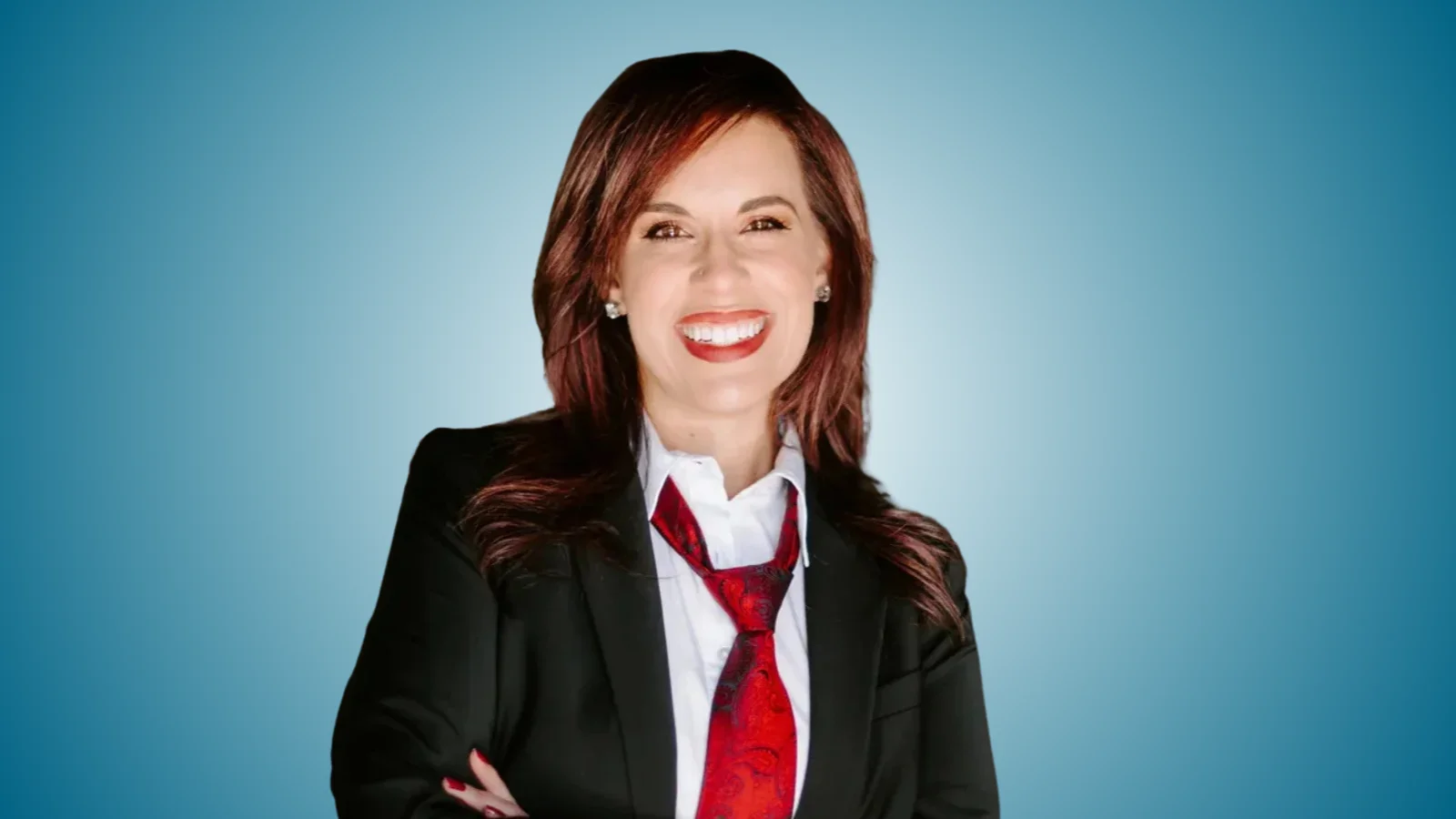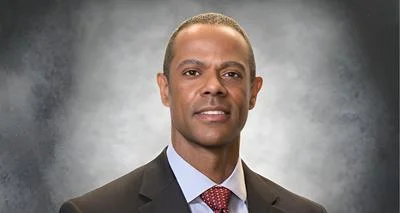The University of New Mexico just failed a test that, in many ways, matters more than the exams its students take. According to the Foundation for Individual Rights and Expression, UNM earned a score of just 57 out of 100 for free speech.
That means students in our state’s flagship university, one that is funded by all of us, don’t feel free to speak their minds. Some told reporters they hold back opinions because they were worried about social backlash. Another described a “fear of confrontation” that keeps honest discussion off the table.
UNM’s administration responded with the usual press-release assurance: they’re “committed to free expression” and view the university as a “public square for debate.” Fine words, but students aren’t feeling it. And words, without culture to back them up, mean nothing.
Across the country, the problem runs deeper than one campus. FIRE’s national survey of nearly 70,000 students found that most think controversial speakers—whether conservative or liberal—shouldn’t even be invited to campus. A growing share now say it’s acceptable to shout down or block someone they disagree with. In other words, many young Americans no longer see debate as healthy. They see it as dangerous.
That should be cause for alarm for every New Mexican. Universities shape not just careers, but the minds of the future Americans. If a generation learns to equate disagreement with harm, the result won’t be tolerance, it will be silence. When the next generation learns to stay quiet, the free exchange of ideas that reminds us our opponents are still people will disappear.
Here’s what UNM needs to do.
First, stop pretending there isn't a problem and putting out empty statements. Free speech doesn’t thrive on posters about inclusion; it thrives when people are allowed to be uncomfortable. The administration should review its speech codes, disciplinary procedures, and event policies with outside help to make sure no rule quietly discourages dissent.
Second, teach students how to argue well. Not to shout, not to cancel, but to listen and respond. “Safe spaces” shouldn’t mean a padded environment where no one is challenged. They should mean a place where courage and civility can coexist.
Finally, the public has to stay awake. UNM belongs to all of us—parents, taxpayers, alumni. We have the right to ask hard questions: How many speakers have been disinvited? How many events canceled because someone might be offended? Are students learning to think or to hide?
Free speech isn’t a partisan cause. It’s the foundation that lets every other cause exist. If that foundation breaks, the whole idea of a university, where people can think, question, and grow, breaks with it.
Jodi Hendricks is the Executive Director of the New Mexico Family Action Movement.








